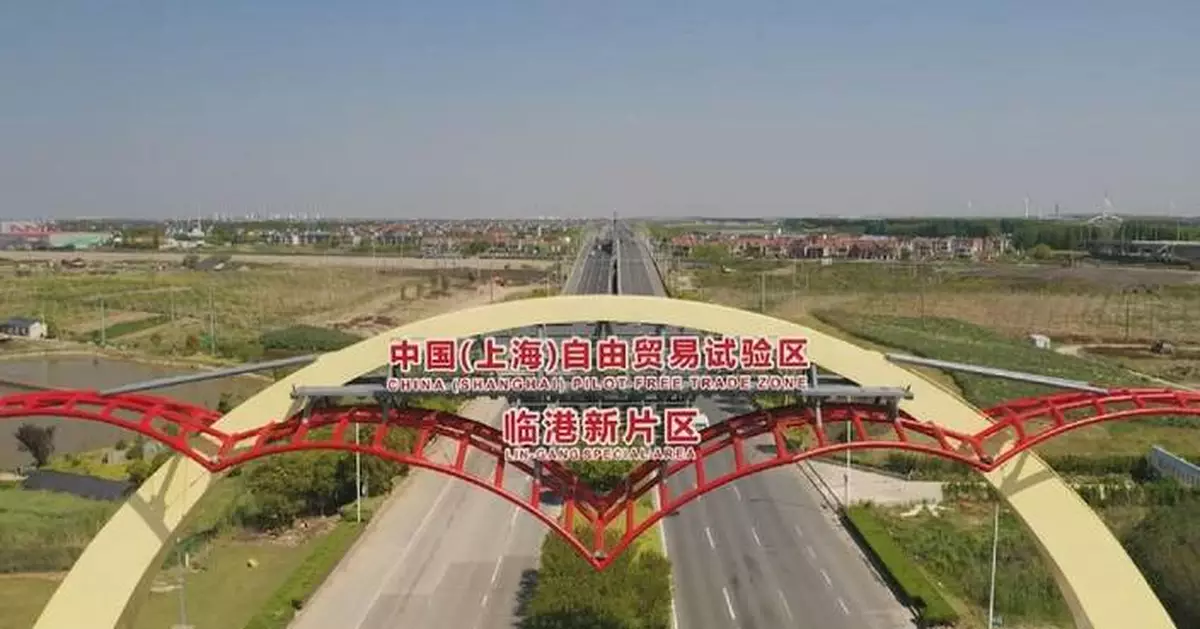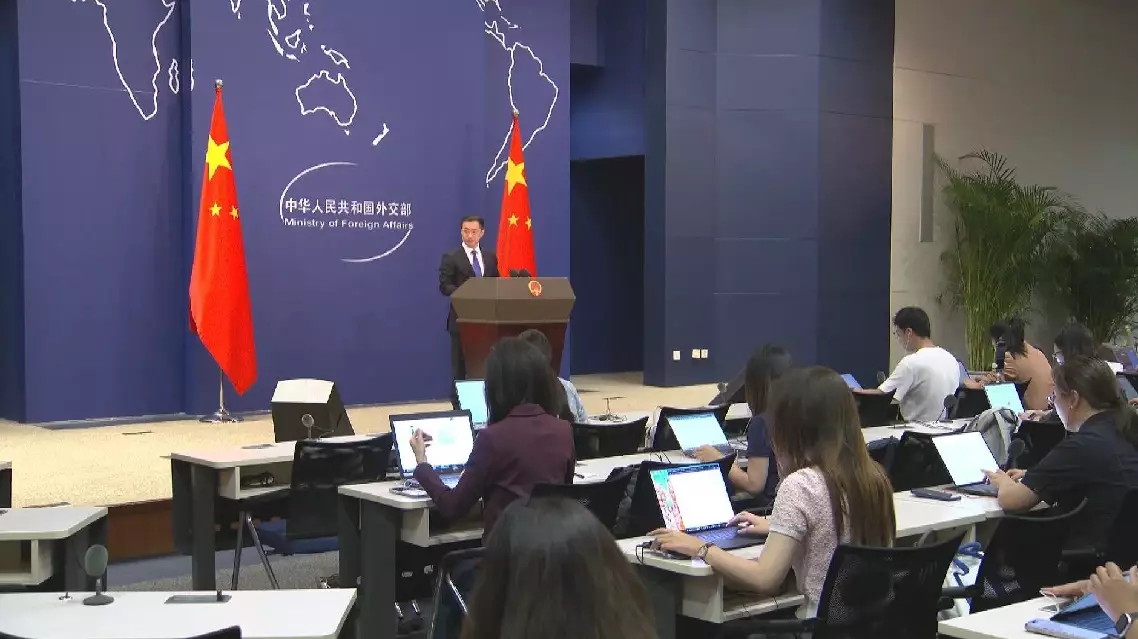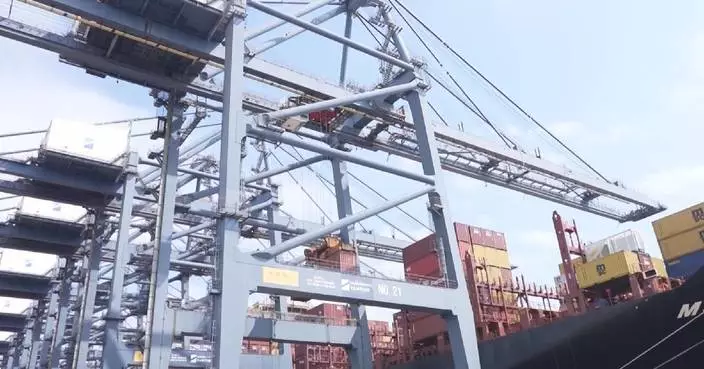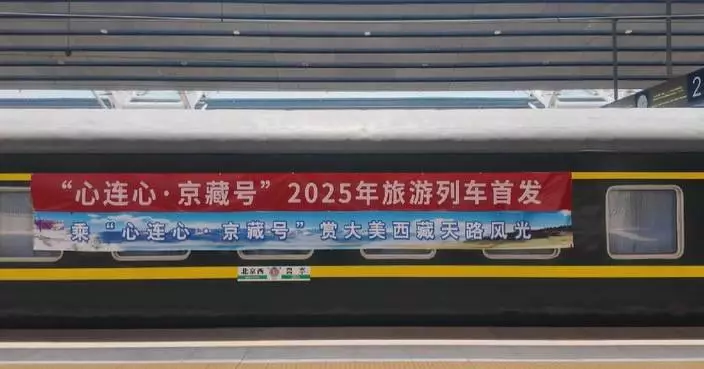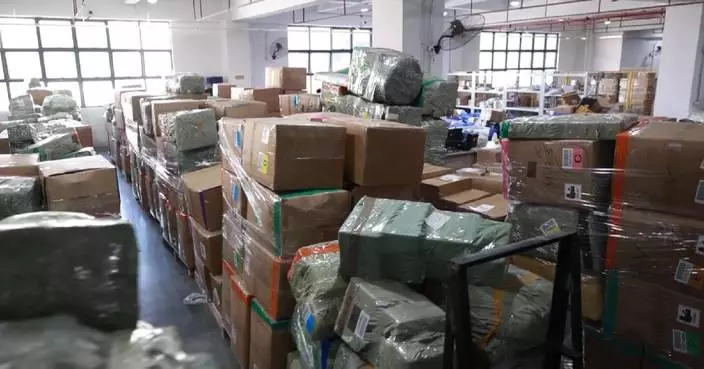The China Shanghai Pilot Free Trade Zone (FTZ) has played a key role in the promotion of financial openness and innovation since its establishment 11 years ago, with foreign exporters to China benefiting from policies that expedite customs processing and facilitate trade and investment.
In March 2024, the world's first New Zealand kiwifruit charter ship, owned by fruit giant Zespri, arrived in Shanghai. Over 460,000 boxes of kiwifruit onboard were cleared by customs in just one day and graced supermarket shelves by the very next day. The rapid customs processing of kiwifruit, crucial for maintaining its freshness, stood as a strong testament to the enhanced trade facilitation in Shanghai.
"We already have very rapid clearance of our fruit, and last year we agreed a quarantine protocol between the two countries, which now means that the big majority of the kiwifruit that arrives actually clears customs the same day," said Ivan Kinsella, Zespri International's vice president of public affairs for greater China.
Such efficiency is also backed by Zespri's recognition as an Authorized Economic Operator (AEO) by Shanghai Customs, initiated by the World Customs Organization.
"Twenty or so years ago, the Chinese mainland only accounted for about 5 percent of our total trade, but now it's getting up around 25 percent. From these figures, you can see that China's reform and opening up policies have continued to be very favorable for us," said Kinsella.
AEO status grants a company preferential management measures such as priority processing, reduced frequency of supervision and optimized services to facilitate customs clearance.
As of the end of May, Shanghai customs certificated 540 AEOs. Together they contribute over one-third of the city's import and export value.
So far, China has signed AEO mutual recognition agreements with 28 economies, which cover 54 countries and regions. Both numbers rank first globally.
Since its inauguration 11 years ago, the China Shanghai Pilot FTZ has achieved numerous policy breakthroughs, with many innovative practices such as the negative list for foreign investment, the single window platform and the free trade account having been extended nationwide.
"When the business environment is continuously improving and becoming more market-oriented, law-based, and internationalized, it can attract more investment. The introduction of projects goes hand in hand with the advancement of institutional innovation," said Yang Chao, deputy director of administration for the Shanghai Pilot FTZ.
Starting from Shanghai FTZ, China's pilot FTZs have expanded from 1 to 22, showcasing 349 successful cases of national institutional reform. By 2023, these zones accounted for 18.4 percent of China's total import and export value, attracting increasing foreign trade and investment.
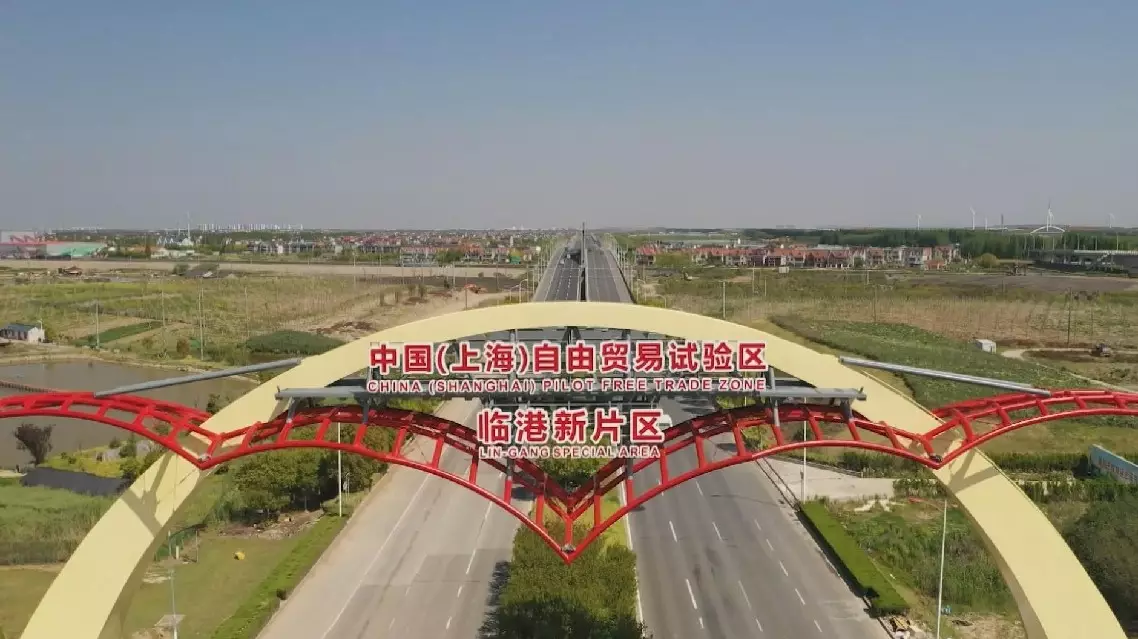
Shanghai FTZ proves magnet for trade, investment


